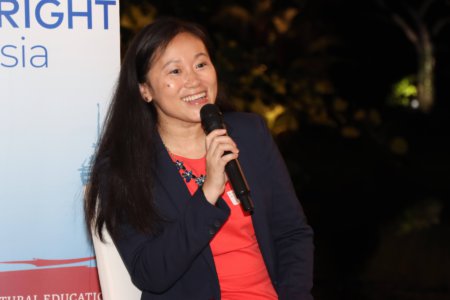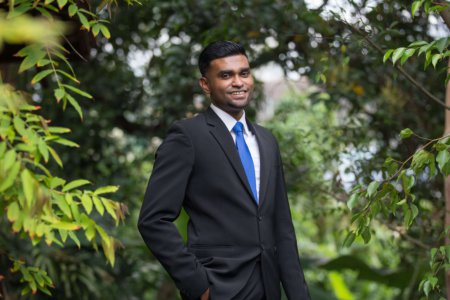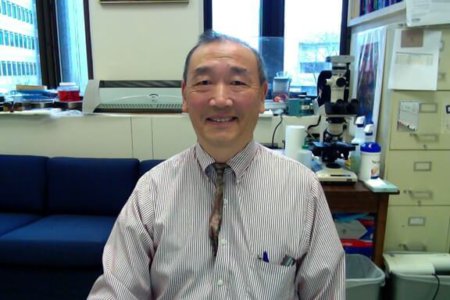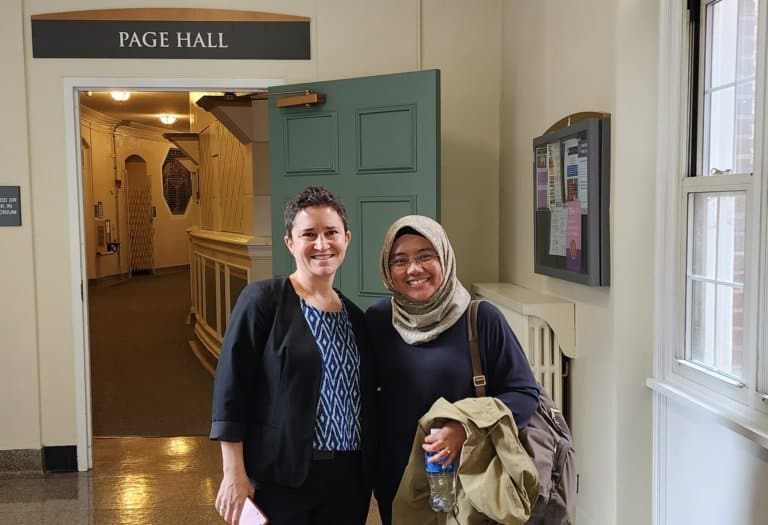
Malaysia’s gleaming skyscrapers, serene rainforests and stunning beaches have stood the test of time — but not its politics. The past decade has seen politicians and governments come and go, complete with charges of corruption, nepotism, and more.
This is exactly what Aira Azhari is working to abolish through a short study in the US. As Senior Manager of the Democracy and Governance Unit at the Institute for Democracy and Economic Affairs (IDEAS), she wants to build a more transparent and accountable governance system. The kind that serves the people first.
“One of the reasons why high level corruption in Malaysia happens very often or goes unpunished is because Malaysia doesn’t have any laws that regulate how political parties and politicians get funding,” Azhari explains to Study International. “We consider any gaps in Malaysia’s existing policies and propose policy solutions through writing policy papers, holding roundtables, and building relationships with important stakeholders.”
Of course, such matters require hours of study, inspection, and research. Azhari knew that to contribute to such a crucial task, she needed to improve her knowledge of political financing. This is what prompted her to apply for the Fulbright Professional Exchange Program — and landed her the opportunity of a lifetime to study in the US through a six-month research stint.
Winning a chance to study in the US
The Professional Exchange Program is a grant for mid-career Malaysian professionals in the public or private sectors to broaden their experiences through research, lecturing and other professional enrichment programs. It’s administered by the Malaysian-American Commission on Educational Exchange (MACEE) — a binational commission between the two countries to promote educational exchange.
Azhari heard about the opportunity to study in the US from a friend. “Since I heard about it from him, I always wanted to apply,” she shares. “So I kept track of when the application opened and I sent mine in as soon as it did.”
Her efforts have paid off. Through this Fulbright program, Azhari is spending six months at the State University of New York at Albany. There, she will be researching and engaging with issues of the depoliticization of welfare and transparency in political financing and institutional reforms under the guidance of an academic. During her study in the US, she hopes to interview some politicians too.
“I hope to be able to learn as much as I can about the system in the US,” she says. “What are the lessons we can learn and apply in Malaysia, especially when it comes to how the financing of politics is regulated? That’s something I’ve always been interested in.”
A seasoned international student
Azhari won a local scholarship to pursue her undergraduate programme at the University of Liverpool. Later, she earned a master’s degree from the London School of Economics (LSE).
Having spent her entire life in Malaysia, Azhari found adapting to the UK tough — in all the right ways.
“Going to the UK, especially during my masters, was really different,” she shares. “You’re expected to do a lot of independent reading to contribute to classroom discussions and justify your thought process. That was very different from studying in Malaysia, which is more exam-oriented. It was challenging, but it also was a very important experience that really changed me.”
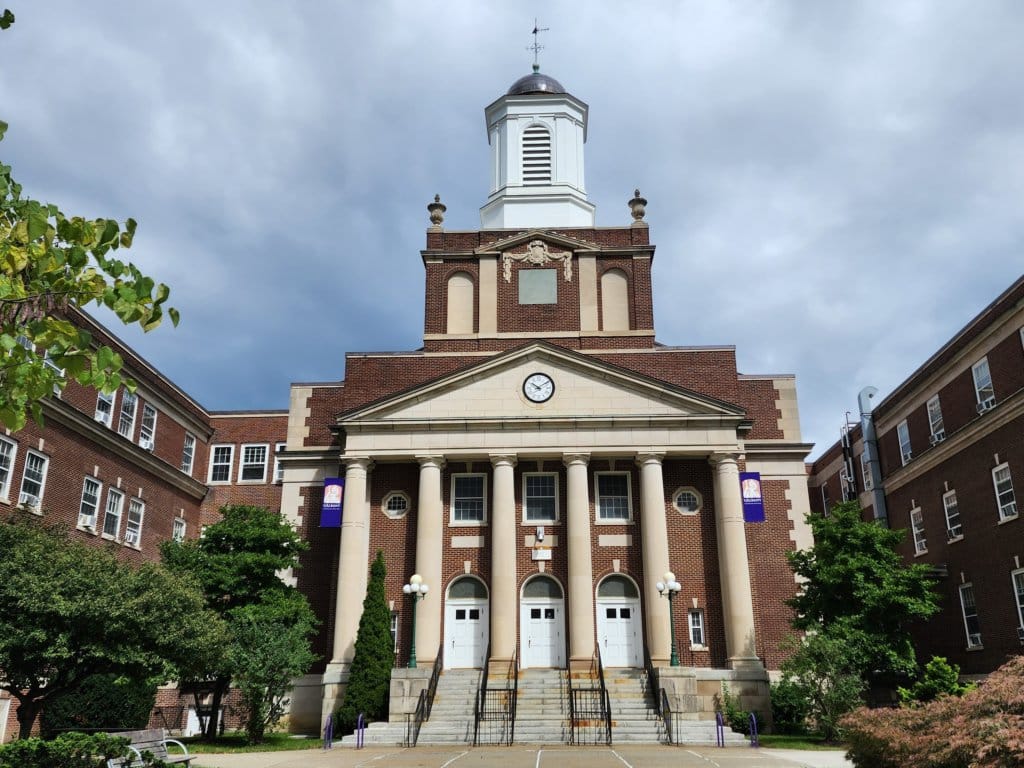
An image of the downtown campus at UAlbany, where Azhari is currently studying. Source: Aira Azhari
“Don’t be afraid to take an unconventional path.”
Azhari may work in politics and governance now but she had started off pursuing something completely different: law.
“[As an undergraduate] At the time I still wanted to go into practice,” she explains. “But I interned at a law firm during the summer break of my first year. I mean, I enjoyed the experience — the people were really nice. But I didn’t really enjoy the work.”
She was still uncertain after completing her master’s degree. “But I knew that I wanted to do something that gave me access or the opportunity to learn about politics, society, and democracy.”
This led her to pursue a master’s in public international law. Though she never wanted to and never did practise law, Azhari credits her legal background for helping her in her current role.
“I think law, at the very heart of it, is a study of societies and how they make decisions and resolve conflict,” she says. “It introduces you to the concepts of separation of powers of democracy, of human rights, and more. It combines all those different fields quite nicely and also trains you to be very meticulous and have an analytical mind. So in that sense, I think my legal background has really helped.”
Jumping from law to politics is no easy feat. Her advice to future students? Don’t be afraid of taking the path less trodden.
“It can feel scary to take a different step or go into a career path that is not the same as what you studied in university,” she says. “But that shouldn’t keep you from pursuing an international education, because any experience will enrich you no matter whatever course that you take.”








